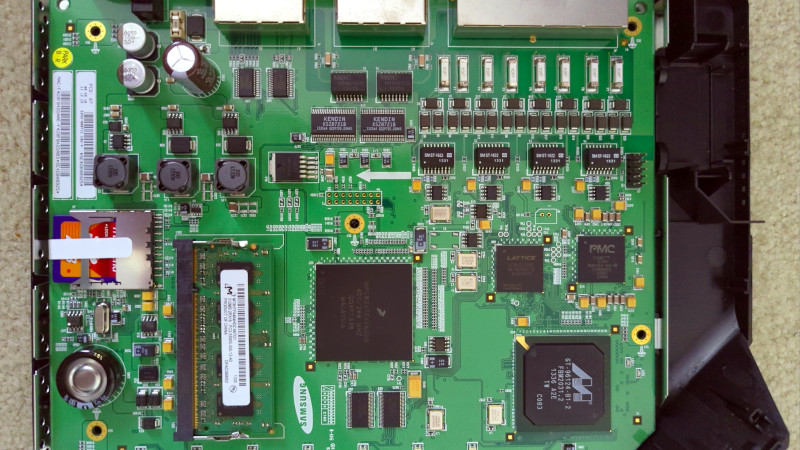A nationwide credit rating repair company has been temporarily shut down by a judge following the Federal Trade Commission accused it of staying a huge pyramid scheme that preyed on people today whose funds had been remaining in disarray by the pandemic.
The Michigan-dependent Economic Training Expert services made available to assistance persons correct their bad credit history, but instead pocketed significant charges for services it never ever in fact furnished. It then roped numerous of its consumers into a superior-pressure sales scheme to convey in other victims, the FTC claimed.
The firm and its house owners are accused of raking in $213 million in bogus expenses from shoppers in the earlier 3 a long time. The FTC filed its grievance in federal courtroom in Detroit, where by Choose Bernard Friedman issued a momentary restraining get past 7 days shutting the company down and freezing its assets. In his non permanent restraining get, which was unsealed on Monday, Friedman explained there is excellent trigger to consider Economical Education Solutions created a full of $467 million as a consequence of “unlawful practices.”
“These defendants gathered hundreds of thousands in junk service fees as part of a pyramid scheme that peddled phony credit score maintenance goods,” stated Samuel Levine, director of the FTC’s bureau of customer defense. “We are happy that the courtroom shut down this procedure and froze its property, and we will proceed to pursue corporations that prey on families’ financial ache.”
It was not instantly crystal clear if the firm or its entrepreneurs experienced retained a law firm. A telephone phone to the company’s offices was answered by a recording that mentioned: “We are currently topic to a court purchase. We will respond as shortly as we are ready.”
The organization experienced previously operated underneath a quantity of distinct names, which includes United Wealth Service, VR-Tech LLC, CM Rent Inc. and Youth Economical Literacy Basis, in accordance to the FTC.
In court filings, the FTC claimed the organization and its proprietors, Parimal Naik, Michael Toloff, Christopher Toloff and Gerald Thompson, would aggressively current market its credit score maintenance services via social media, giving to assistance people down on their luck to promptly increase their credit rating scores and eliminate outdated debts.
Consumers who known as the company’s hotline would be instructed that to consider benefit of the firm’s services necessary an upfront charge of $99 adopted by additional fees of $89 for every thirty day period afterwards. Customers were being informed they could assume to see their credit scores boost within just 90 times.
But to lessen the fees and make cash, callers were being advised they could develop into brokers for Monetary Education and learning Products and services themselves, and if they had been equipped to deliver in 5 more clients, they could get paid $1,000 a 7 days and get the company’s companies at a discount.
In the end, the FTC claimed the enterprise never ever delivered any precise credit score repair expert services and that a great deal of what they stated they would do — like obtaining a debtor’s hire payments depend as credits from their poor credit scores — wasn’t achievable or even legal.
The bogus credit restore functions were being 1st uncovered in Georgia, exactly where in 2019 the business attained a $1.75 million settlement with the state’s attorney general’s office, which experienced alleged the business engaged in deceptive and unlawful techniques as aspect of a advanced multi-amount advertising and marketing scheme. Officials in Georgia referred their conclusions to the FTC, major to the the latest motion.

